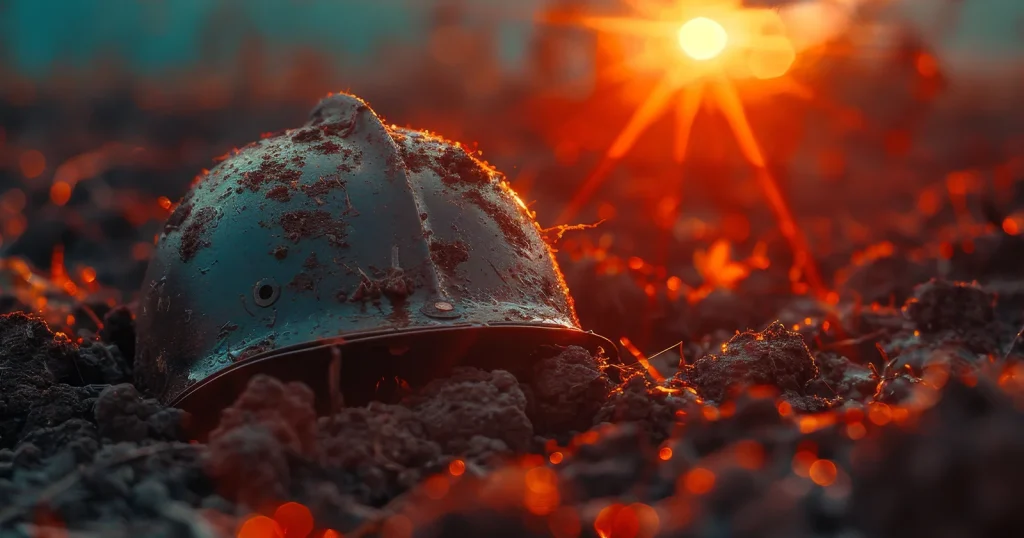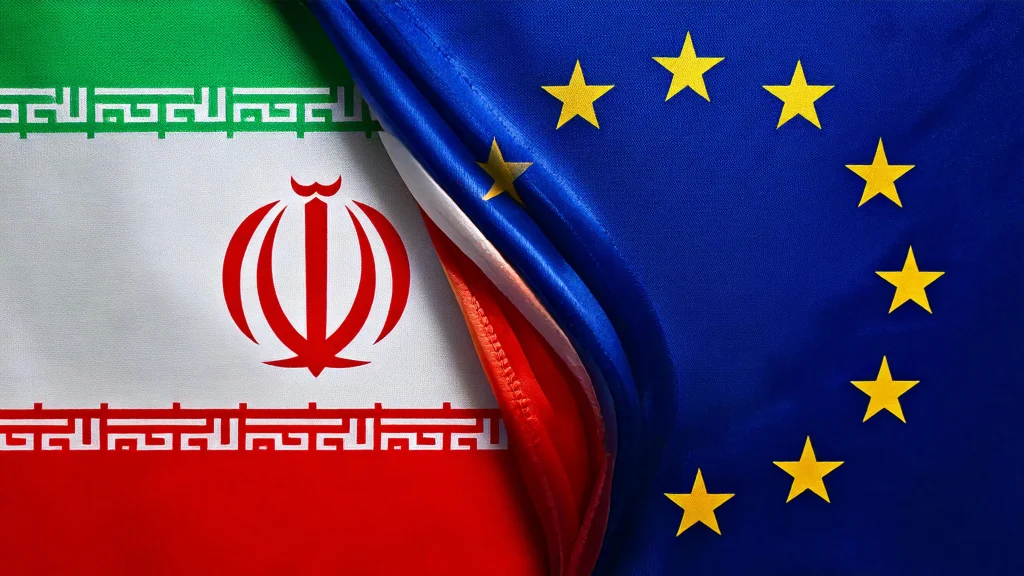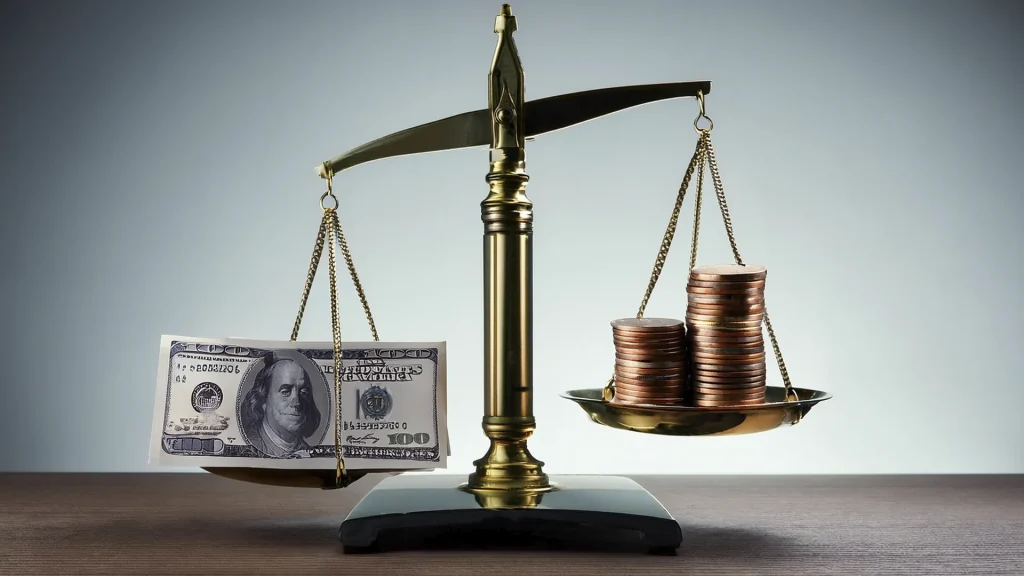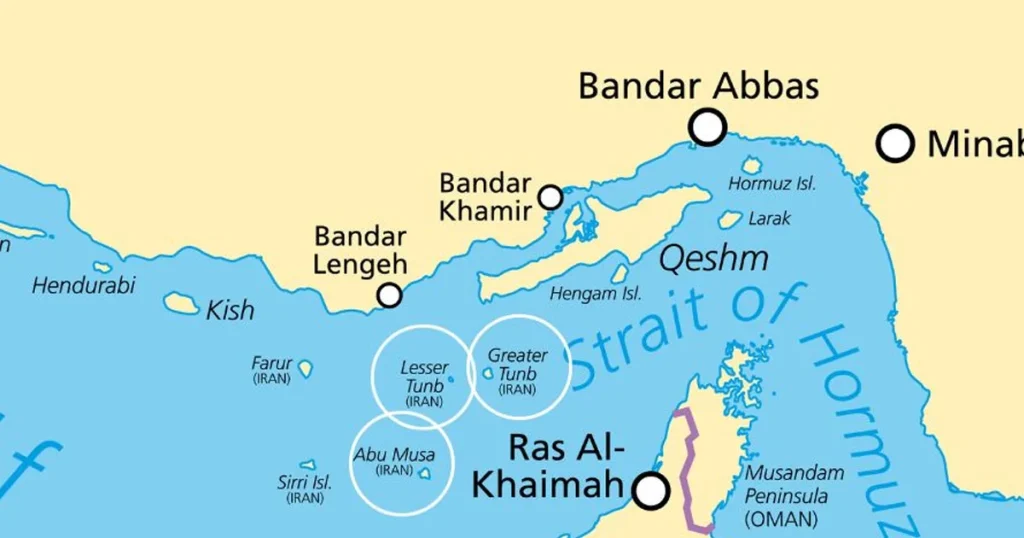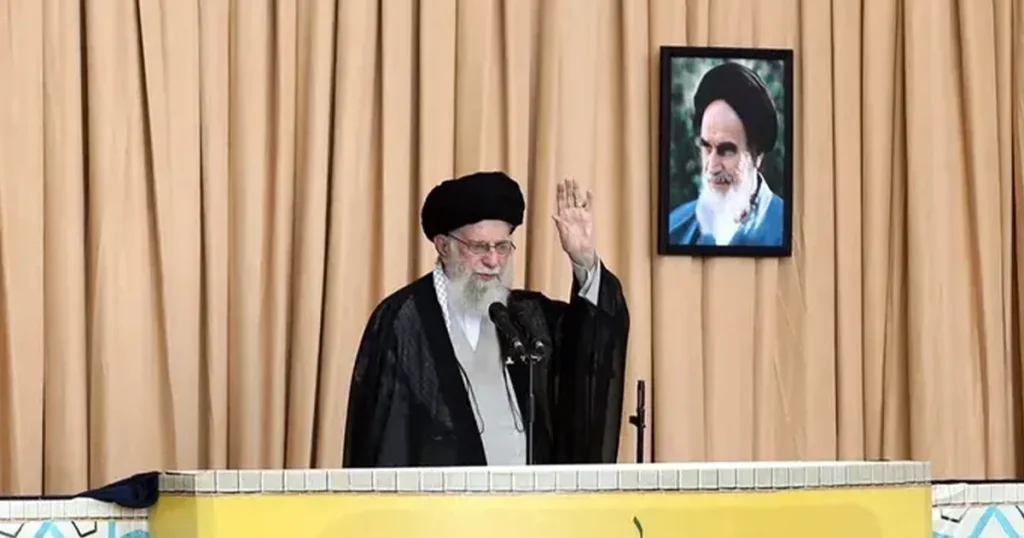The recent mining disaster in Tabas, Iran, where over 50 miners perished in a catastrophic explosion, has once again highlighted the deadly consequences of systemic negligence under the Islamic Republic. This tragedy, caused by a methane gas leak, is not an isolated incident but part of a broader pattern of industrial accidents linked to the regime’s failure to prioritize worker safety. What makes this even more significant is the pervasive influence of the Islamic Revolutionary Guard Corps (IRGC), which controls large swathes of Iran’s mining and industrial sectors.
A Familiar Tragedy
On September 21, 2024, a methane gas explosion tore through two blocks of the Tabas coal mine, killing 51 miners and injuring 20 others. Rescue teams, hampered by the dangerous levels of methane gas, have struggled to retrieve those still trapped underground. This incident is not the first of its kind; similar accidents, such as the 2017 Azad Shahr mine explosion, which claimed 43 lives, have occurred with alarming regularity, often under the same conditions of neglect and lack of oversight.
The IRGC’s Role in Iran’s Mining Sector
At the heart of these frequent disasters is the IRGC’s deep involvement in Iran’s industrial sectors. The IRGC controls a vast network of companies and industries, including mining, through a mix of direct ownership and influence over firms operating in these sectors. While officially private companies manage some mines, many are closely affiliated with the IRGC, making them key players in the country’s resource extraction industries.
The IRGC’s primary focus on profit and its ability to bypass regulatory scrutiny means that worker safety is often compromised. Mines under their control are notorious for poor working conditions, inadequate safety protocols, and obsolete infrastructure. The Tabas coal mine, despite being one of Iran’s largest and richest, has suffered from similar neglect.
Masoud Pezeshkian’s Empty Promises
In response to the Tabas disaster, President Masoud Pezeshkian issued a statement expressing his condolences and ordering an investigation. However, such promises from regime officials have become depressingly familiar. Despite Pezeshkian’s rhetoric, the likelihood of meaningful change is slim, as these “investigations” rarely lead to accountability or reform. Instead, they serve as temporary gestures to placate public outrage while allowing the same dangerous conditions to persist.
While Pezeshkian has been positioned as a “reformist,” his presidency has shown little willingness to confront the IRGC’s grip on Iran’s economy or challenge the systemic negligence that permeates sectors under their control. Although he is not a formal IRGC member, Pezeshkian’s policies and actions align with the regime’s priorities, making it unlikely that his administration will take any real action to regulate IRGC-run industries.
A Pattern of Negligence and Corruption
The Tabas explosion is the latest in a series of industrial tragedies that demonstrate the regime’s disregard for human life, particularly in sectors controlled by the IRGC. From environmental disasters to worker deaths, the IRGC’s dominance in Iran’s economy has resulted in a landscape where profit is prioritized over safety, and accountability is virtually non-existent. Past incidents, such as the Azad Shahr mine explosion or the collapse in Damghan, have shown that the IRGC and their affiliated companies are rarely held responsible, even when their negligence leads to massive loss of life.
Conclusion: A Call for Accountability
The Tabas mining disaster underscores the urgent need for change in Iran’s industrial sector. As long as the IRGC maintains its stranglehold over critical industries and the regime continues to prioritize its interests over worker safety, such tragedies will continue. Pezeshkian’s promises of investigations will likely prove as hollow as those made by his predecessors. What is needed is not more empty rhetoric, but genuine accountability and reform—something that seems unlikely under the current regime.
The Case for Proscribing the IRGC as a Terrorist Organization
It is essential that the UK and the EU fully proscribe the IRGC as a terrorist organization, not only for the sake of Iranian citizens but for the safety and security of their own. The IRGC is not merely a domestic military force; it plays a central role in exporting terrorism, destabilizing the Middle East, and threatening global security. Its involvement in human rights abuses, support for proxy militias, and complicity in violent crackdowns within Iran make it a global menace. By designating the IRGC as a terrorist entity, Western powers can disrupt its financial networks, limit its ability to project power abroad, and send a clear message of support to the Iranian people who suffer under its control. Failing to act now only emboldens a regime that endangers both regional stability and international security.
